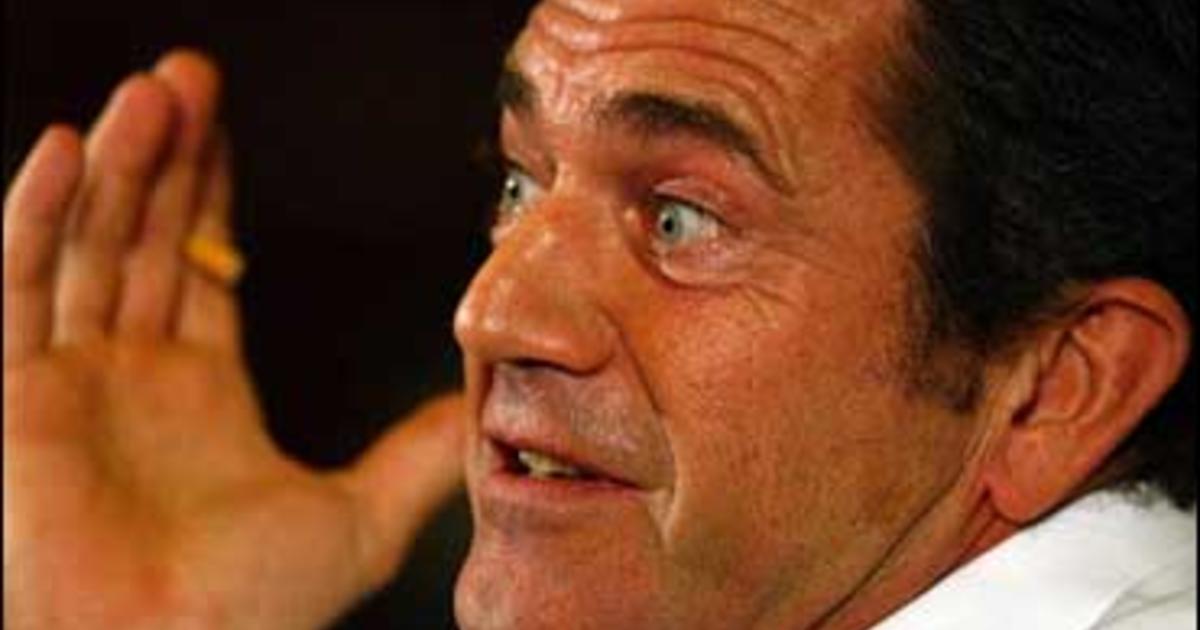I was at this talk and this is not what happened (not sure if your colleague was there or not). A presenter in the CE panel, not an audience member, told an uncensored, racist anecdote about an examinee’s verbatim response to a test item (it’s from WAIS-IV info, so you can put that together). I don’t know the speaker but don’t believe it reflects his views; the point might have been useful, but it didn’t need to be delivered the way that it was and several folks I know personally were very upset by the comment.
The bigger issue, IMO, is that no co-presenters took time immediately to address that comment, and INS’ initial response was an apology letter (including apologies from the presenter and co-presenters) only to registered attendees of that talk. It was 3 weeks later and at the prompting of a lot of public outcry that they issued a society-wide email that was still quite vague.
I think by not addressing this head on, it’s actually created a lot more issues (e.g., the false info that’s spread ranging from what your colleague told you to the presenter being outright explicitly racist). I frankly have found the responses by outside NP orgs not helpful or solution-focused, although I think we can all be responsible for making meetings like INS, APA, AACN, etc. more welcoming and supportive.


